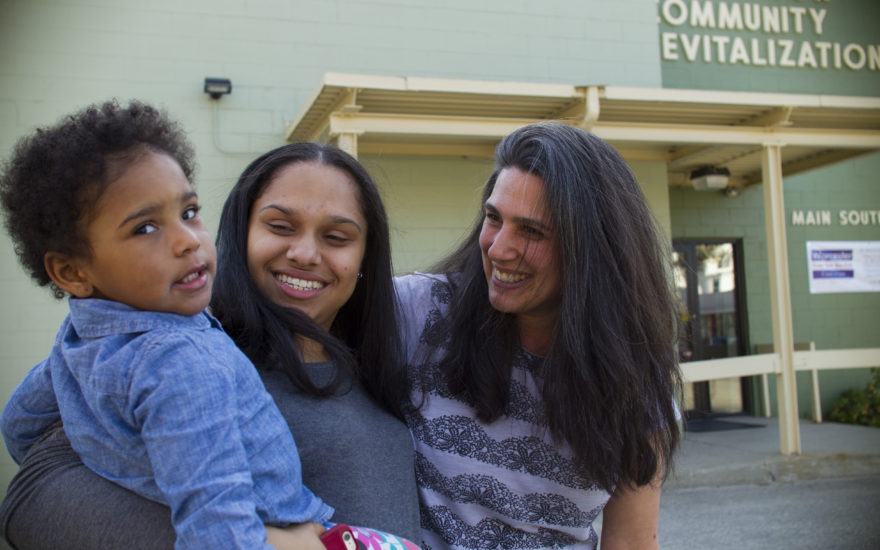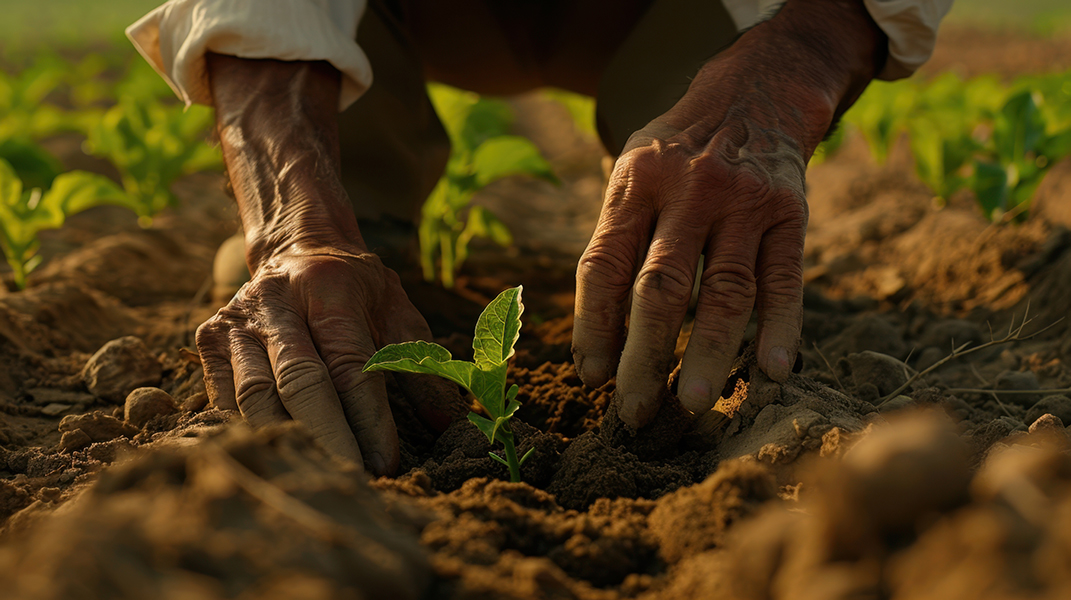Community development isn’t a one-size fits all endeavor.
At Clark, you will learn about the power structures that shape community spaces, and how to create processes in which community members have a say in those power structures.


Why the Department of Sustainability and Social Justice?
Our degrees inspire you to develop equitable solutions to urgent social, political, and ecological challenges. Through our program, students are equipped to build a more just and sustainable world.
- Deepen your knowledge of community development challenges
- Develop critical skills to catalyze institutional change
- Collaborate across disciplines to understand and address complex social-ecological challenges
- Gain real-world experience to build professional skills and knowledge
Critical Knowledge, Skills, and Experience:
The Community Development and Planning Curriculum
| Curricular Feature | 10-unit | 12-unit practice | 12-unit research |
|---|---|---|---|
| Required Core Courses: Degree Specific | 2 | 2 | 2 |
| Sustainability Studies | 1 | 1 | 1 |
| Social Change and Institutional Transformation | 1 | 1 | 1 |
| Fundamental Skills: Project Management Monitoring & Evaluation Organizational Leadership Spatial Analysis | 2 | 3 | 1 |
| Methods of Inquiry & Subject Matter Electives | 1.5 – 2 | 1.5 – 2 | 2.5 – 3 |
| Intersectional Analysis | 0.5 – 1 | 0.5 – 1 | 0.5 – 1 |
| Principles and Ethics in Community Engagement (Common Seminar) | 0.5 | 0.5 | 0.5 |
| Experiential Learning: Studio courses Summer Global Learning Collaboratives Internships | 1 | 2 | 1 |
| Directed Study | 0 | 0 | 1 |
| Thesis writing | 0 | 0 | 1 |
Choice of three program tracks
10-unit track completed in three semesters (Fall or Spring start)
12-unit research track completed in four semesters, with students conducting primary research in the summer between their two years of study (Fall start only)
12-unit practice track completed in four semesters, with students engaging in two experiential learning opportunities.
Join our successful alumni
Our alumni work locally and globally to make a difference in the fields of youth and education, food security, urban planning, affordable housing development, economic and workforce development, and public health. They bring a focus on equity and social justice to their many and varied roles:
- Director of Organizational Effectiveness, Foodshare, Bloomfield, Conn.
- Associate Director, Economic & Workforce Development, Federal Reserve Bank of New York
- Director of Fixed Assets, Mosaic Housing, Charlotte, N.C.
- Senior Manager, Neighborworks America
- Director of Programs, Girls, Inc. of N.Y.
- Manager of Fund Development, The Community Builders, Boston, Mass.
- Senior Planner, City of Worcester, Mass.
Meet our engaged faculty
Our faculty are engaged scholars and practitioners who work with state and city governments as well as community development corporations and nonprofits. They will help you chart your career path, introducing you to internships in the community and a broad professional network.
Faculty Research Areas

Ramón Borges‐Méndez
Associate Professor
Working toward labor justice
Professor Borges-Méndez’s research focuses on workforce development and labor markets, governance, immigration, and Latinos in the USA and Latin America.

Margaret Post, Ph.D.
Associate Research Professor
Researching grassroots community organizations in social policy change
Dr. Post’s current research investigates the prevalence and efficacy of nonprofit political organizations in the United States. Dr. Post is a founding co-editor of the new journal Community Organizing.

Laurie Ross
Professor
Supporting — and Empowering — At-Risk Youth
A respected voice in the Worcester community, Professor Ross works to promote social justice in youth development and researches topics that include youth violence, homelessness, and youth worker education.
Academic Excellence. Global Reach. Career Success.
Join our supportive community of scholars. Ready to take the next step?

